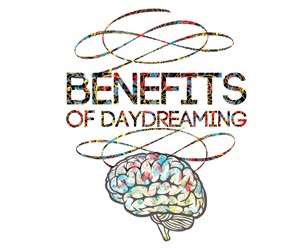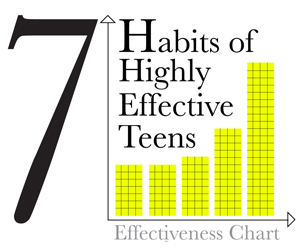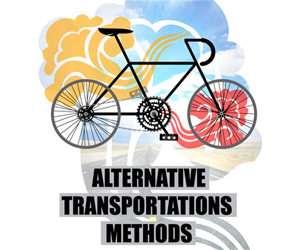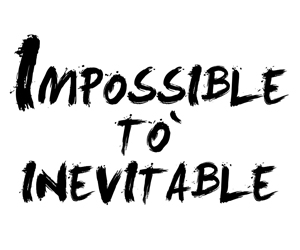The Magic When Kids And Seniors Do Daycare Together | How Germany Gets Ageing Right | CNA Insider
Joyce Teo, PUBLISHED
SEP 29, 2015
As Singapore ages, the older folk may lose touch with the younger generation. The opposite holds true too, giving rise to misconceptions of each other. But these are often dispelled at courses organised by the Council for Third Age’s (C3A) Intergenerational Learning Programme (ILP). Here, students from primary and secondary schools, polytechnics and the Institute of Technical Education teach senior citizens various subjects like information technology, social media and photography.
Over 6,000 seniors and students have taken part in the programme, which started in 2011. It has been so successful that C3A plans to expand it over the next few years, said Ms Soh Swee Ping, chief executive of the active ageing agency. It is also holding an inaugural conference on positive ageing next month, and has developed a toolkit for seniors to help them discover their interests. It will launch 500 such kits at the conference, said Ms Soh.
These plans come as the Government is ramping up plans to get people to age well, amid an ageing population and rising life expectancy. Last month, it announced a $3 billion plan to help Singaporeans age confidently and lead active lives. More details will be released next year. By 2030, it is estimated that 900,000 people, or one-fifth of the population here, will be over 65.
More research on ageing issues will also be done to make successful ageing a reality for more people. At The Next Age Institute, a pilot study on care pathways has taken off, and an interim report of the findings is expected around the end of next year. The study will provide insights into care arrangements for older people as they transit from hospital to community or home care, said Associate Professor Corinne Ghoh, co-director of the institute at the National University of Singapore (NUS) Faculty of Arts and Social Sciences.
The institute, jointly set up by NUS and Washington University in St Louis in the United States in February, has been contributing to the discussions and new knowledge on active and successful ageing. In November, it will co-organise a symposium that will facilitate discussion on active ageing.
At C3A, there is a rising demand for the ILP, said Ms Soh. Seniors are quick to sign up for these courses, in which they may learn how to talk on Skype, use Facebook or do public speaking, she said. They also get to interact with the youth and vice versa. Said Ms Soh: “The youth may think that the seniors are clumsy, stupid, have butterfingers or can’t learn.
Closing the generation gap
“But at the end of the six to eight sessions, they may find that the seniors are not scary. This translates to them interacting more with their grandparents at home.”
The seniors benefit, too, as they may also have certain preconceptions of young people, said Ms Soh. She said C3A can work with more partners and schools to expand the programme. The ILP could also evolve so that senior folk become the teachers.
“They can teach dialects or customs. It doesn’t matter, as what we want to achieve is the bonding,” says Ms Soh.
Associate Professor Reshma Merchant, who heads the general medicine division at National University Hospital, said the inter-generational gap is getting wider and “empathy towards the elderly may decline if this trend continues”.
Co-locating eldercare and childcare facilities in new Housing Board developments to maximise opportunities for intergenerational interaction is an excellent idea, she said.
“Most elderly people feel much more valued when surrounded by young kids and, in return, the young ones will learn about culture and tradition,” she added. Ms Soh said that to age well, seniors also need to embrace ageing.
The third age is a phase where people may look at life in a more meaningful way. It can start at 50 or even 60 but, typically, people from 50 may begin to view life differently, whereas those who are younger could be focusing on financial stability, she added. C3A hopes to get people to view ageing positively at its inaugural positive ageing conference. Ms Soh said: “Even when we say active ageing, people tend to associate it with the physical aspect. But it also includes the spiritual, financial and intellectual aspect.”
The toolkit that C3A is set to launch will allow seniors to assess which of these dimensions they are lacking in. Ms Soh said: “There will be a score, which will give a sense of where you are, so that you know what to do next. For example, if your intellectual score is low, you can read a book or go for a course.”
Taken from https://www.straitstimes.com/singapore/ageing-well-with-help-from-the-young


















